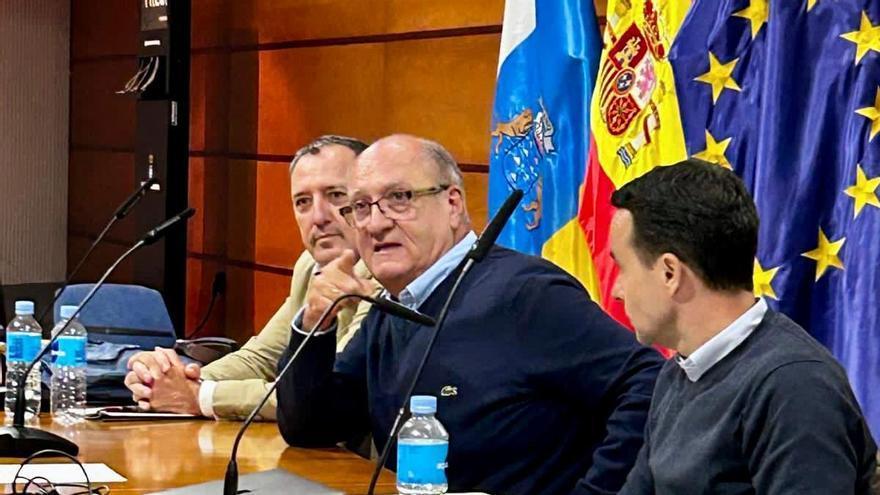
“The primary challenge ahead is to ensure that we maintain strong unity within the banana industry.” This statement comes from José Carlos Rendón, the newly elected president of the Canary Islands Association of Producers of Bananas (Asprocan). His chief aim, following his election, is to guarantee that the solidarity among producers remains intact. Rendón, who took office on Tuesday, May 6, during a General Assembly, steps into his role amid a backdrop of division within the sector, fuelled by years of hardship faced by farmers and proposed changes to aid distribution. Nevertheless, the new president firmly believes that the Canary Islands banana sector must present “one voice and a unified stance” to tackle collective challenges, such as rising costs and competition from imported bananas.
Rendón is a Europlátano producer and part of the organisations within Asprocan. With farms located in La Palma and Tenerife, he also has ties to the aquaculture industry on the islands. He succeeds Domingo Martín, who has led the organisation since 2017 but opted not to seek re-election after parts of the sector questioned his management during a crucial period for Canarian producers.
Nevertheless, the Assembly acknowledged Martín’s contributions and highlighted several accomplishments during his presidency, including sustaining the level of European aid; the integration of bananas into transport aid; and advocating against the food chain law to secure exemptions for bananas, allowing the sector to better compete with imports.
The new leadership of Asprocan comes at a time characterised by a significant rise in production costs and challenges in fruit export. This situation is exacerbated by a standstill in the specific options programme for remoteness and insularity (possei), which has remained unchanged for 18 years. Another critical issue is the challenge of competing with third-country bananas, which are sold at lower prices due to differing regulatory and labour requirements imposed on imported goods compared to those cultivated within the archipelago.
The transition in leadership is also happening during a pivotal moment, with the initiation of discussions concerning the new European Union budget framework alongside a noticeable rise in banana imports within the Spanish market, driven by increasing concentration in the distribution sector and widening disparities in social and phytosanitary regulations between domestic production and imports.
Additionally, differing opinions about the non-law proposition (NLP)—which aims to introduce alterations to the distribution of Posei aid—are fracturing the sector. While some view these changes as vital for the survival of the industry, Asprocan contends that the proposed criteria—particularly the cap on subsidised production per hectare and the extension of the historical reference period—would be detrimental. Rendón has already made it clear that the association’s stance will remain consistent and that they will strive to “secure the Posei support that corresponds to the production costs we incur.”
















